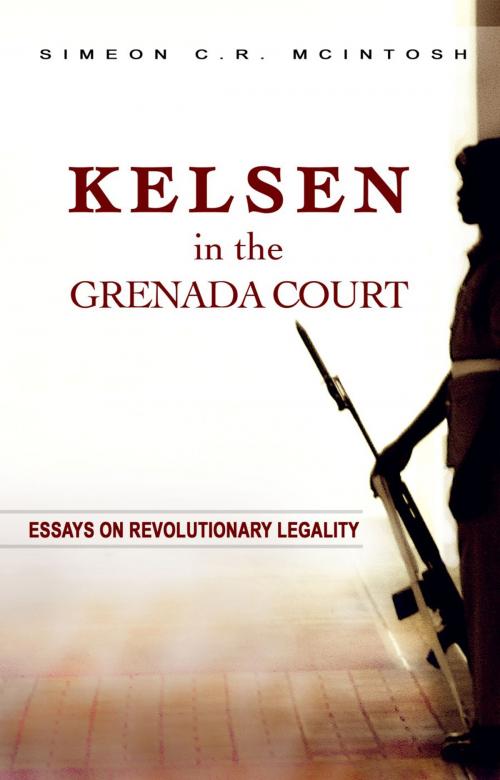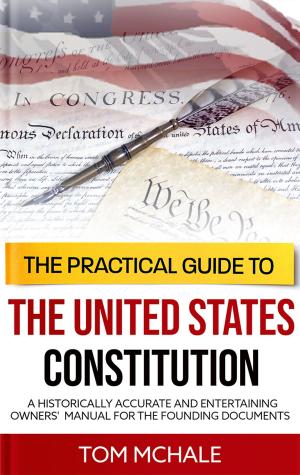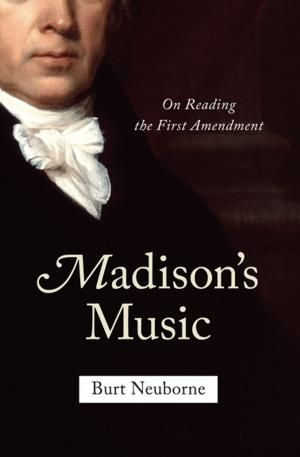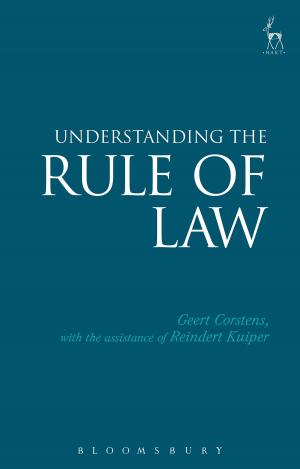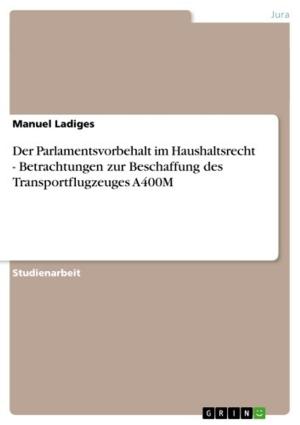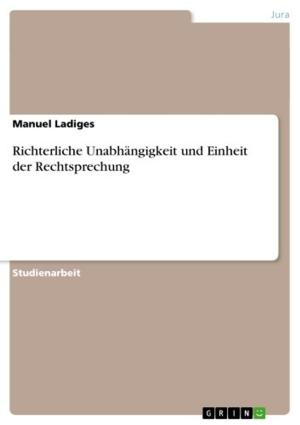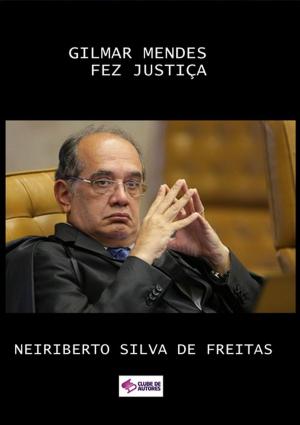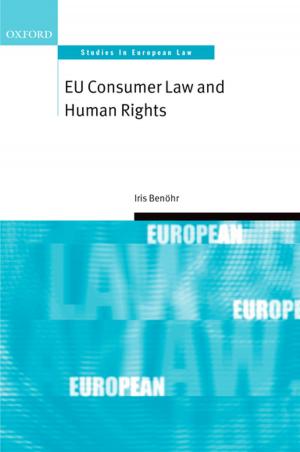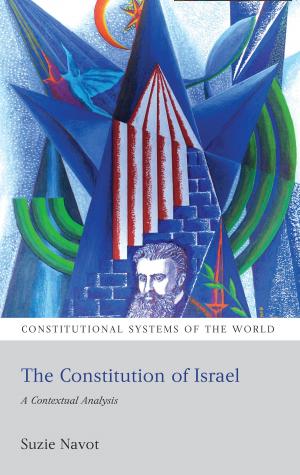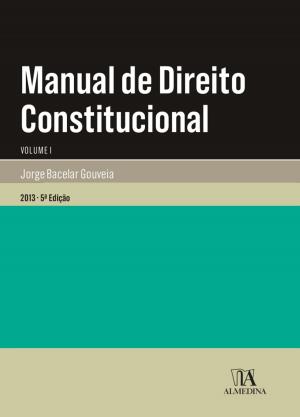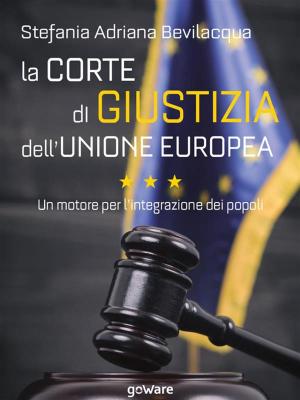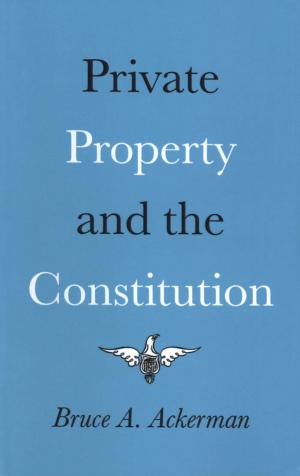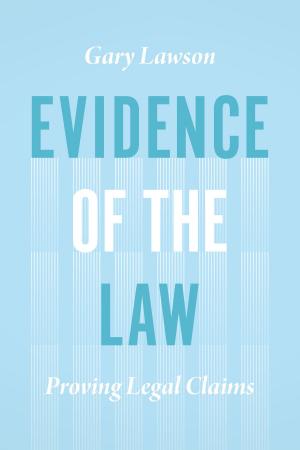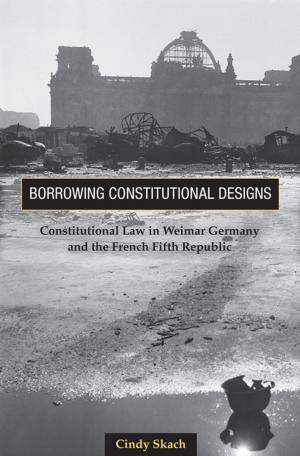Kelsen in the Grenada Court: Essays on Revolutionary Legality
Nonfiction, Reference & Language, Law, Legal Writing, Jurisprudence, Constitutional| Author: | Simeon C.R. Mcintosh | ISBN: | 9789768167705 |
| Publisher: | The Caribbean Law Publishing Company | Publication: | September 1, 2014 |
| Imprint: | Language: | English |
| Author: | Simeon C.R. Mcintosh |
| ISBN: | 9789768167705 |
| Publisher: | The Caribbean Law Publishing Company |
| Publication: | September 1, 2014 |
| Imprint: | |
| Language: | English |
Historically, revolution has been one of the principal means of founding a new state. But can this new state have any moral legitimacy, born as it is out of violence? That is the critical question for legal theorists. The late Hans Kelsen, arguably one of the leading legal theorists and philosophers of the twentieth century, in his Pure Theory of Law, articulated this theory of revolutionary legality as a part of his general theory of law. Kelsen in the Grenada Court: Essays on Revolutionary Legality examines revolutionary legality in the context of the Grenada coup d'état of March 1979, which brought the People's Revolutionary Government (PRG) to power. The 1973 Constitution was suspended, the executive authority of the country changed, parliament was reconstituted and a new Supreme Court established. The governing principles of political life in Grenada were transformed. The PRG had established a new legality. The courts however, were confronted with questions of their validity and jurisdictional competence. Called upon to judge the validity of the PRG regime, the issue of the validity of the courts was also called into question. Following the demise of the PRG regime in sensational fashion, culminating in the invasion of Grenada by the US army in 1983, the validity of the court was again challenged. This collection of clear, readily understood essays, shows that the Court determined its own validity as a matter of necessity. Using examples from around the Commonwealth, the case of Bernard Coard & Ors. v. The Attorney General known popularly as the Maurice Bishop murder trial or the Grenada Thirteen, McIntosh criticizes the Grenada Court and its handling of the subject of revolutionary legality; while addressing Kelsen's theory of continuity and discontinuity of law and the doctrine of necessity.
Simeon C.R. McIntosh is Professor of Jurisprudence and Dean, Faculty of Law, University of the West Indies at Cave Hill, Barbados; and Professor of Law Emeritus of at Howard University School of Law, Washington D.C. He is the author of Caribbean Constitutional Reform: Rethinking the West Indian Polity ( 2002) and Fundamental Rights and Democratic Governance: Essays in Caribbean Jurisprudence (2005).
Historically, revolution has been one of the principal means of founding a new state. But can this new state have any moral legitimacy, born as it is out of violence? That is the critical question for legal theorists. The late Hans Kelsen, arguably one of the leading legal theorists and philosophers of the twentieth century, in his Pure Theory of Law, articulated this theory of revolutionary legality as a part of his general theory of law. Kelsen in the Grenada Court: Essays on Revolutionary Legality examines revolutionary legality in the context of the Grenada coup d'état of March 1979, which brought the People's Revolutionary Government (PRG) to power. The 1973 Constitution was suspended, the executive authority of the country changed, parliament was reconstituted and a new Supreme Court established. The governing principles of political life in Grenada were transformed. The PRG had established a new legality. The courts however, were confronted with questions of their validity and jurisdictional competence. Called upon to judge the validity of the PRG regime, the issue of the validity of the courts was also called into question. Following the demise of the PRG regime in sensational fashion, culminating in the invasion of Grenada by the US army in 1983, the validity of the court was again challenged. This collection of clear, readily understood essays, shows that the Court determined its own validity as a matter of necessity. Using examples from around the Commonwealth, the case of Bernard Coard & Ors. v. The Attorney General known popularly as the Maurice Bishop murder trial or the Grenada Thirteen, McIntosh criticizes the Grenada Court and its handling of the subject of revolutionary legality; while addressing Kelsen's theory of continuity and discontinuity of law and the doctrine of necessity.
Simeon C.R. McIntosh is Professor of Jurisprudence and Dean, Faculty of Law, University of the West Indies at Cave Hill, Barbados; and Professor of Law Emeritus of at Howard University School of Law, Washington D.C. He is the author of Caribbean Constitutional Reform: Rethinking the West Indian Polity ( 2002) and Fundamental Rights and Democratic Governance: Essays in Caribbean Jurisprudence (2005).
